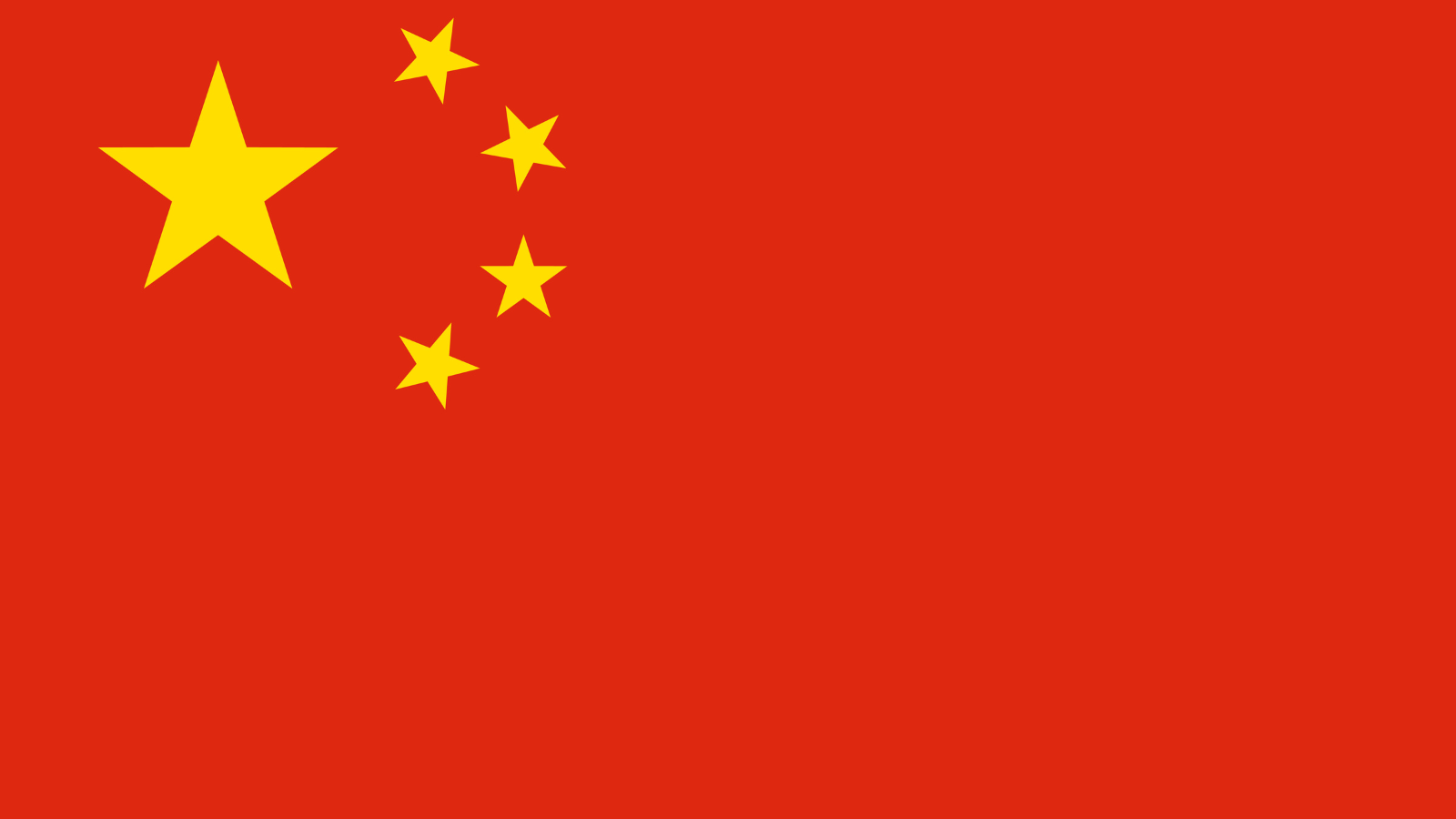Sanctioned Russian oil is being transported to China via small ships
According to Bloomberg, Chinese customers of sanctioned Russian oil are shuttling small ships across the sea to get their goods. The ship-to-ship transfers of the oil are risky business as owners of these ships are becoming more disdainful toward Russian products.
Oil tanker availability has plummeted because of the sanctions against Russian oil.
Argentina is gearing up to connect its Vaca Muerta shale play with the Punta Colorada port through a new pipeline, enabling supertankers to load crude oil.
Wildfires in northern Alberta are causing some oil sands operations to take precautions.
Elon Musk has recently spoken out against US government tariffs on Chinese electric vehicles, calling them “not good” and market-distorting.
A top cybersecurity firm, ESET, has uncovered Chinese hacking attempts in the European cargo shipping industry, marking the latest instance of China-aligned groups infiltrating Western economic infrastructure.
Oil prices fluctuated within a tight range on Friday, as investors weighed mixed signals from the world's top oil consumers, China and the U.S. Brent crude slipped 13 cents to $83.75 per barrel, while West Texas Intermediate (WTI) fell 4 cents to $79.22.
Former President Trump is collaborating with the oil industry to overturn President Biden's fossil fuel regulations if he wins in 2024.
Commerce Secretary Gina Raimondo emphasized that a potential Chinese invasion of Taiwan and the takeover of chip manufacturer TSMC would be catastrophic for the U.S. economy.
TikTok has filed a lawsuit challenging a new federal law that could force its Chinese parent company, ByteDance, to sell the app or face a ban in the U.S.
President Joe Biden is advocating for a significant increase in tariffs on Chinese steel and aluminum imports, proposing to triple the current rates.
Here’s a quick rundown on the latest U.S. import scene: Inflation’s not the only thing on the rise – we’re seeing a significant increase in imports from China, especially after their factories reopened post-Lunar New Year.
China and Russia recently committed to maintaining stability in their industrial supply chains.
U.S. Treasury Secretary Janet Yellen recently wrapped up a series of meetings in China, where she firmly addressed the issue of Chinese overproduction and its impact on global markets.
in a recent development, BlackRock, the world's largest asset manager, is challenging Texas' move to pull out about $8.5 billion from the Texas Permanent School Fund (PSF), alleging it's a boycott against energy companies.
The global market is currently flooded with goods from Chinese factories, ranging from cars and appliances to computer chips and electronics.
The world's top oil forecasters, OPEC and the International Energy Agency (IEA), are at odds over future oil demand, creating uncertainty for traders and investors.
The U.S. House of Representatives is speeding up a vote next week on a bill that would force China's ByteDance to sell off TikTok within six months or face a U.S. ban.
A bipartisan group of U.S. lawmakers has introduced legislation to push China's ByteDance, owner of TikTok, to divest the app within six months or face a U.S. ban due to national security concerns over its Chinese ownership.
The US's top trade official, Katherine Tai, suggested to the BBC that the sharp decline in trade with China might not be all bad news, hinting at potential benefits from diversification.
Apple has decided to pump the brakes on its electric car project, a move that could positively impact its stock performance, according to a report by Morgan Stanley.
The recent woes faced by America's leading automakers - Ford, General Motors, and Stellantis - have gone largely unnoticed amidst their impressive profits.
The U.S. is ramping up defense industrial cooperation with Indo-Pacific partners like Japan, India, and others to bolster supply chain resilience amid threats, particularly from China.
Alibaba Group Holding Ltd. revealed a deeper involvement of Chinese government entities in its various business arms following an inquiry from the US Securities and Exchange Commission.
In recent years, American CEOs have been drawn to China's vast consumer market, but doing business there has become increasingly challenging and risky.
Taiwan Semiconductor Manufacturing Company (TSMC) recently inaugurated its inaugural chip plant in Japan, a move aimed at diversifying its supply chains amidst escalating trade tensions between the U.S. and China.
Imagine zipping from New York to Los Angeles in less than an hour or hopping from London to Paris in just 15 minutes.
U.S. authorities are holding thousands of luxury cars from brands like Porsche, Bentley, and Audi due to a part that violates laws against importing goods made with forced labor in China.
The U.S. Congress has passed legislation banning the Pentagon from using seaports worldwide that rely on the Chinese logistics platform LOGINK.
Russia is aiming to increase its share of the liquefied natural gas (LNG) market to 20% by 2030, but its plans face challenges due to sanctions and a shortage of ice-class LNG tankers.































Oil traders have cut their net long positions in Brent and WTI due to concerns over China's economy.